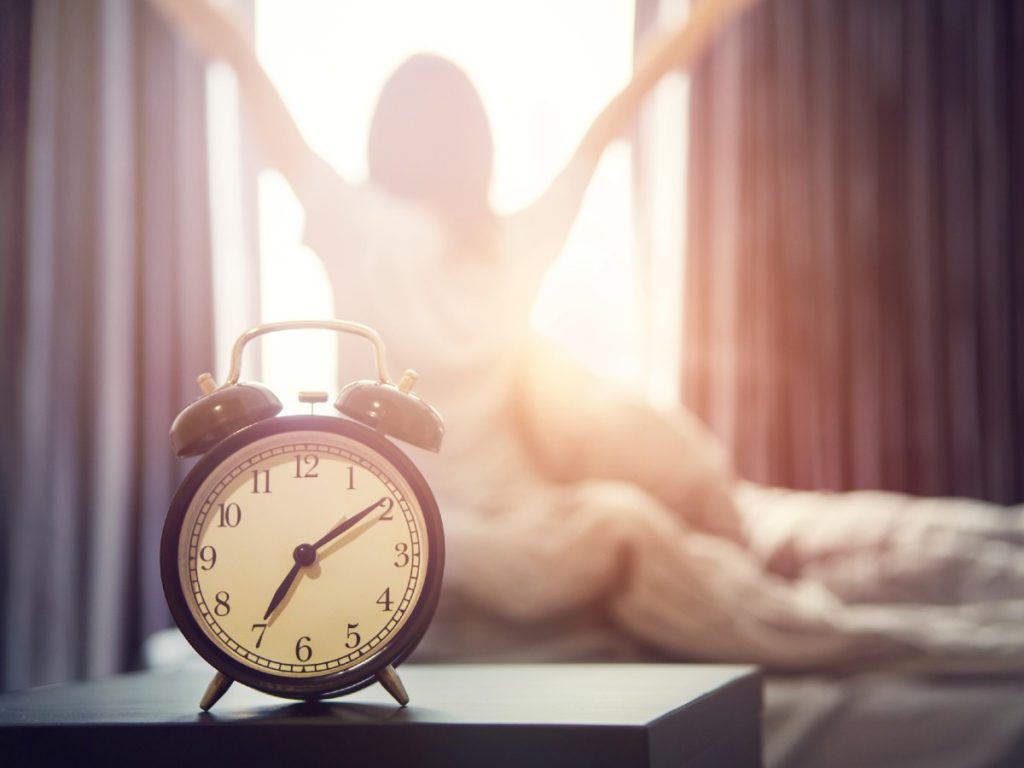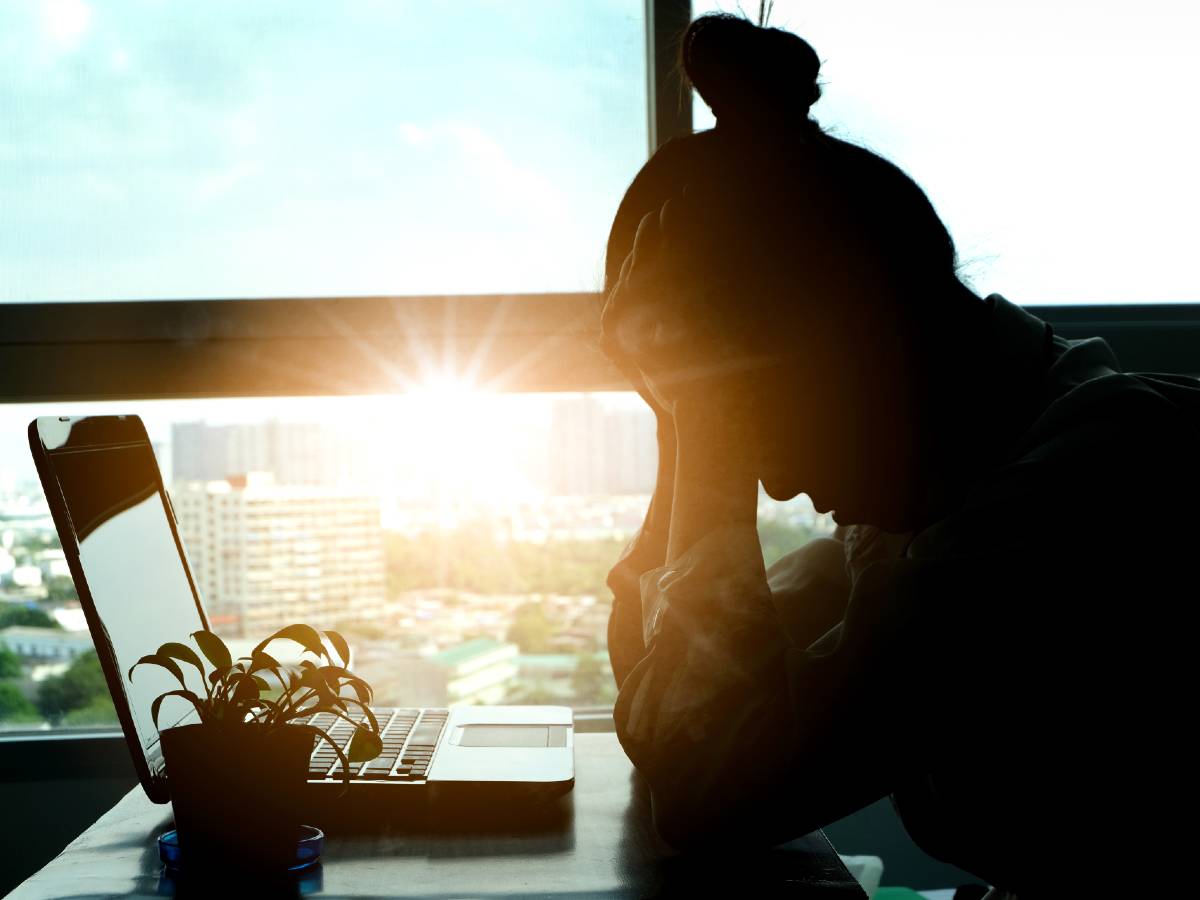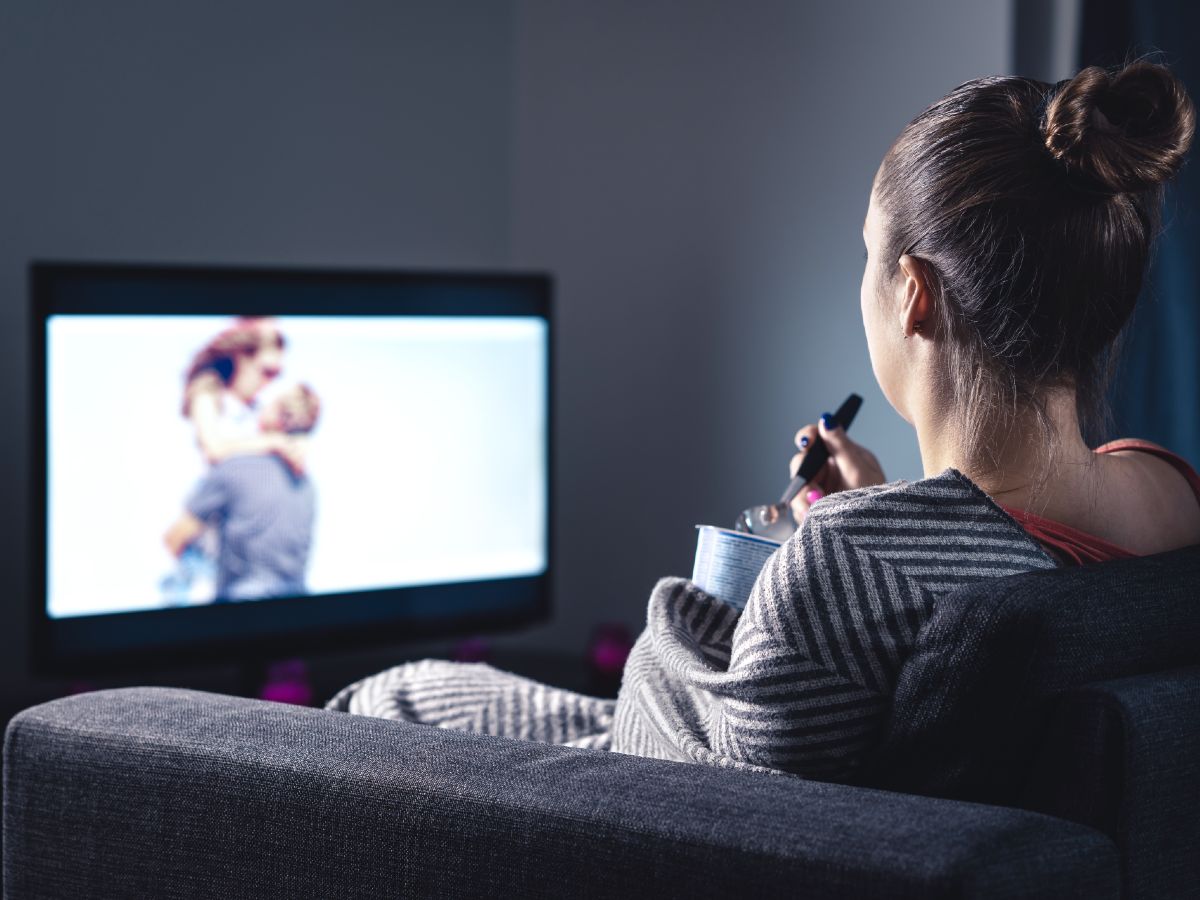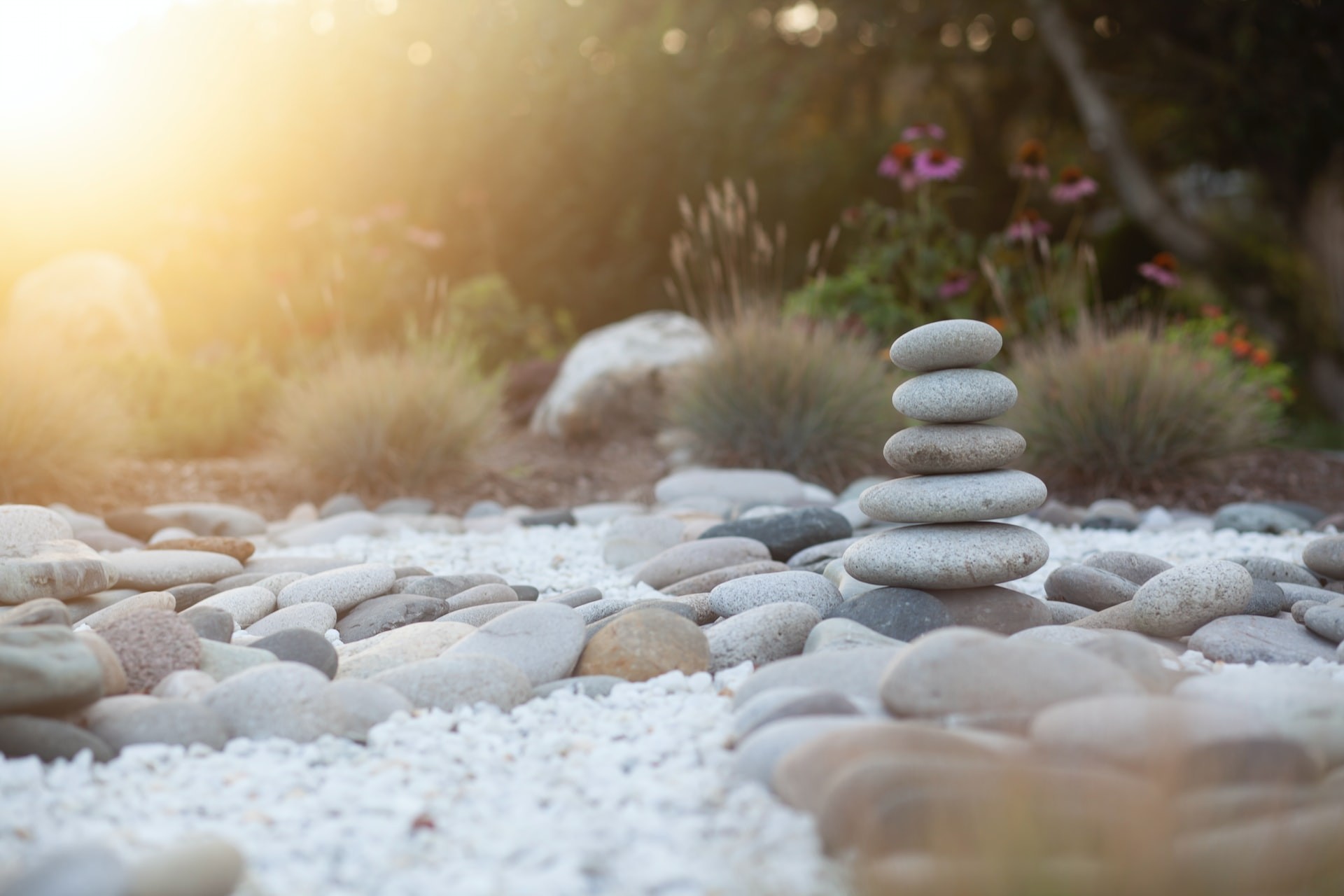Does getting up early help with depression?
Waking up just an hour earlier may be able to reduce the risk of you developing depression by as much as 23%. Recent research has found a link between the time that you get out of bed and your chance of being depressed, with the later you sleep, the higher chance of developing a depressive disorder.
The study was looking at the link between the genetic disposition to be a late sleeper and mental health, but it also showed that if you are able to bring your sleep clock an hour earlier, it can have a significant effect on your overall mood.
Why sleep timing helps your mood
It isn’t 100% clear why getting up earlier would help to lift depression, but one of the theories is that when you get up earlier, you are exposed to more daylight. Bright light exposure in the morning, like from getting outdoors and into the sun, has a range of effects, including regulating the amounts of feel good neurotransmitters in your system, like dopamine and serotonin.
Another reason that may affect your mood is that society in general is set up for early risers. Evening people are out of sync with others, which can lead to isolation and loss of sense of connection.
How to become an early riser
So knowing that getting up earlier to improve mental health is one thing, but how can you make it happen? It can seem daunting to start getting out of bed earlier when you’re not able to get to sleep until midnight or later, so the best way to approach it is in small, incremental steps. It can take a bit of discipline to start with, but will pay off in time. Always start with waking ahead of your normal alarm time, rather than immediately trying to go to bed earlier. That can be a recipe for feeling frustrated with trying to get to sleep, and can sabotage your efforts before you’ve given it a good chance to work.
Start small – try setting your alarm 15 minutes earlier for a week, and then slowly increase it over 4 to 8 weeks, so that by the end you are rising an hour earlier. Doing it slowly helps your body accommodate to the changes without risking a bout of sleep struggles. As you get used to getting up earlier, your body will begin to get tired earlier, and your bedtime will start to come in as well, though this can take some time occasionally, so be persistent. The idea is to still be getting the same amount of sleep in the night, not just getting up earlier and losing out on sleep time.
And as always, keep good sleep hygiene habits in mind:
- Try to be consistent with your bedtime
- Keep your bedroom a comfortable place – cool and dark, with a comfortable and supportive mattress and pillow
- Keep the electronics away from the bed, and ideally no screens for an hour before going to sleep
- Avoid large meals and alcohol too close to bedtime, and keep caffeine to a minimum through the day
- Get some exercise in through the day, though not too close to when you’re going to sleep
- Try some tips from Chinese medicine to help you get to sleep
Acupuncture and Chinese herbal medicine are also able to provide support for a healthy mood and to reduce depression. Learn more about how acupuncture can help with depression. If you would like to contact me, you can call me at the clinic on 03 8774 5588, or send a message.
References
Daghlas, I., Lane, J. & Saxena, R. (2021). Genetically proxied diurnal preference, sleep timing, and risk of major depressive disorder. JAMA Psychiatry, 78(8), 903-910.
Esaki, Y., Obayashi, K., Saeki, K., Fujita, K., Iwata, N. & Kitajima, T. (2021). Preventative effect of morning light exposure on relapse into depressive episode in bipolar disorder. Acta Psychiatrica Scandinavica, 143(4), 328-338.






